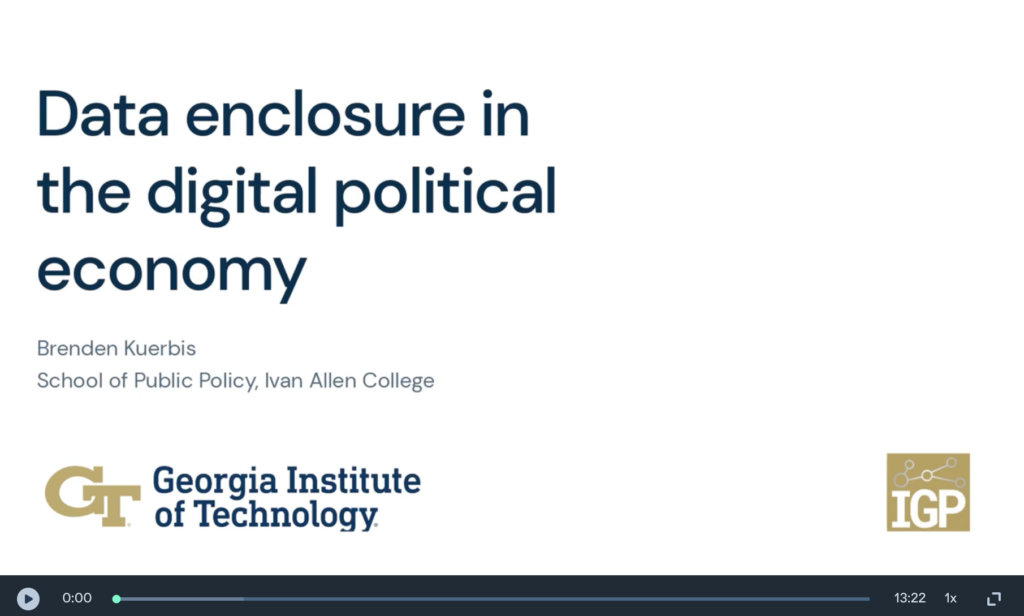Earlier this week, the Law & Economics Center‘s Program on Economics & Privacy (PEP), along with the Marion B. Brechner First Amendment Project, filed a comment in response to the Federal Trade Commission’s (FTC) Notice of Proposed Rulemaking to the Children’s Online Privacy Protection Rule.
The comment focuses on those parts of the proposal that are most likely to impact operators’ incentives to provide online services for children: limitations on engagement; data minimization; and duplicative consent requirements. Together, these proposed modifications to the COPPA rule are likely to reduce the quantity and quality of online services for children by directly chilling operators’ incentives to improve their products and by reducing revenue streams needed to produce online services. The comment concludes that for regulatory intervention of this scale, the FTC must conduct a rigorous cost-benefit analysis that compares the reduction in consumer surplus from losses in online services against any benefits in mental and physical health to children, which it simply has failed to do. The comment also points out the legal frailty of these proposals. First, while there may be legitimate reasons to be concerned about children spending too much time on screens, Congress did not design COPPA to address this concern but left that in the hands of parents. Modifications to the COPPA rule adopted to address these concerns go beyond congressional authorization as found in the COPPA statute. Second, restrictions that reduce children’s ability to receive online content and to communicate online violate the First Amendment unless they are narrowly tailored to address an important government interest. Given the lack of empirical evidence the Commission has mustered, the comment concludes the FTC will have serious difficulty convincing a court that encouraging “engagement” (i.e., more speech) is categorically harmful, and the proposed rule modifications that would interfere with engagement will be struck down for failure to identify a government interest.
You can view the full joint comment here.


